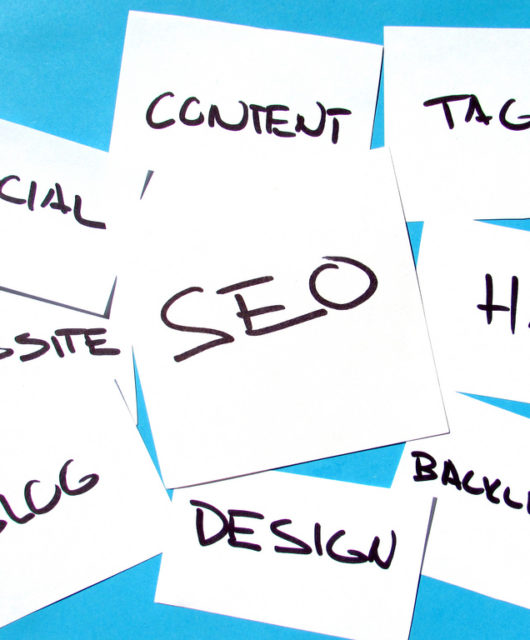Staying Afloat: Do Page Load Times Affect Your Search Rankings?
![]()
You put a lot of effort into being more visible – regular updates, mobile compatibility, a litany of SEO tactics. However, we have to wonder – will a page that’s just slightly slower undo all of this good work? Exactly how much does load time really matter? As we’ll find out, the time it takes for a page to load is just as important when you consider both search ranking and conversions.
The High Cost of a Little Latency
In daily life, patience is a spectrum. Some people have just a little, and some have an endless supply. But when it comes to the internet, everyone is incredibly impatient. Nearly half of your audience will give your page precisely two seconds to load before they consider leaving. In general, sites that increase latency by one second will see page views decrease by more than ten percent.
That wasn’t the goal of adding those killer new graphics, was it?
And when it comes to mobile, circumstances become even more dire. Mobile pages typically take between seven seconds and 20 seconds to load. More than 30 percent of people expect that mobile pages will load a little slower, while more than 40 percent think that mobile pages should be as fast or almost as fast as their desktops and laptops. Clearly, the mobile customer already believes they are underserved, plagued by latency.
This is all the more reason to have a landing page that isn’t so cluttered as to increase latency. Your first strategy begins at home with creating a fast-loading page that conveys what it needs to grab the user, without containing so much that it gives people time to become impatient.
Change Has Come
So, we know what we’re up against with our audience, but what about Google? Earlier this year, they announced that speed will become a larger factor in search rankings by July 2018. However, Google claims that only the slowest sites will take a big hit from this, so it’s time to check out a reliable web host.
Google’s recommendation is for all site owners is to consider speed along with the other factors that affect a page’s rank. While you may want to focus on stunning images, think about how this impacts the time it takes for the page to load. That’s not a new consideration, to be sure, but it’s a subtle signal that speed may be taking a bigger role in what ranks. As per usual, how precisely Google decides all of this is unclear.
In preparation, web masters are performing speed tests and focusing on mobile optimization. In addition to this, an overall eye on efficiency is taking hold, with smaller images, fewer files, and plugins that make loading faster upon repeat visits.
One thing is for sure – your website can’t be too fast for visitors and engines. Whether or not you anticipate having your rank jeopardized by Google’s changes, it’s always helpful to periodically streamline your website to improve speed. Shaving a second off your load time pays off as it improves your reputation and encourages traffic.










